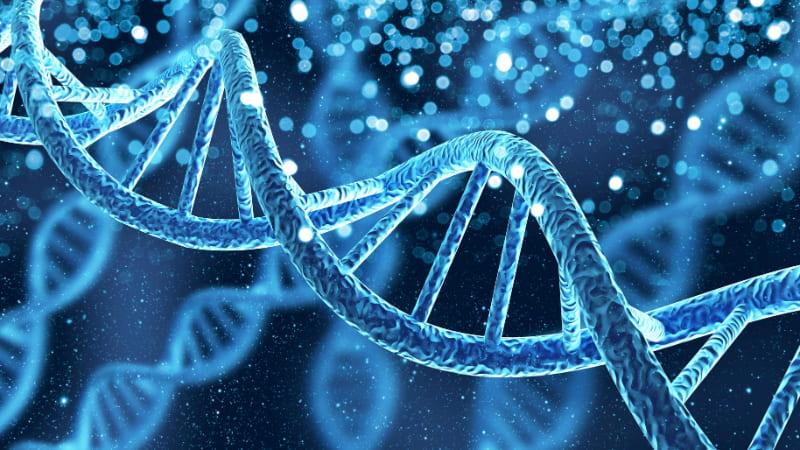
Hemophagocytic lymphohistiocytosis (HLH)
Hemophagocytic lymphohistiocytosis (HLH) occurs when histiocytes and lymphocytes become overactive and attack the body rather than just microorganisms. Familial HLH is a type of PI.

Hemophagocytic lymphohistiocytosis (HLH) occurs when histiocytes and lymphocytes become overactive and attack the body rather than just microorganisms. Familial HLH is a type of PI.
See if you qualify to participate in clinical trials evaluating new treatments and/or diagnostics for primary HLH.
When most of the typical clinical signs are present and HLH is suspected, blood tests can help confirm the diagnosis by measuring the level of blood cells, as well as various markers that indicate excessive immune activity. A bone marrow aspirate can be extracted to look for evidence of hemophagocytosis, and a spinal tap may also be performed to look for increased protein levels in the spinal fluid. If these tests are positive, genetic testing can look for variants in genes known to be involved in primary HLH.
There are also special screening tests that can be done to evaluate for genetic causes of HLH.
Treatments for HLH include aggressive courses of immunosuppressants and anti-inflammatory agents, such as glucocorticosteroids. High doses of dexamethasone are typically used. The chemotherapy drug etoposide is often used. If patients have EBV-related HLH, rituximab may be used. Other agents used against HLH might include antithymocyte globulin, a T-cell depleting antibody infusion, or alemtuzumab, a lymphocyte depleting antibody. Regimens that include combinations of these and other drugs can diminish and slow the effects of the disease, but relapse is to be expected in patients who have primary HLH. Antibiotics, antiviral drugs, and immunoglobulin replacement therapy are often administered to combat opportunistic infections.
A hematopoietic stem cell transplant is the only therapy with the possibility of permanently restoring normal immune function. It involves conditioning of the bone marrow, typically with a course of chemotherapy, to make room for a donor’s new bone marrow cells. Then bone marrow cells are replaced with those from a donor, ideally a sibling with identical human leukocyte antigen (HLA) typing. The earlier a transplant can be done, the better its chances of success.
Gamifant
Emapalumab-lzsg.
Approved to treat: Primary/familial hemophagocytic lymphohistiocytosis (HLH).
Ages: 0+ years old.
Report side effects/adverse events at medinfo.us@sobi.com or 866-773-5274.

Cincinnati Children’s is the most experienced hospital in the nation in treating hemophagocytic lymphohistiocytosis (HLH). Their HLH team includes researchers and physicians who have studied the disease extensively. They care for between 10 and 20 children with HLH a year, a large number considering how rare HLH is.
This page contains general medical and/or legal information that cannot be applied safely to any individual case. Medical and/or legal knowledge and practice can change rapidly. Therefore, this page should not be used as a substitute for professional medical and/or legal advice. Additionally, links to other resources and websites are shared for informational purposes only and should not be considered an endorsement by the Immune Deficiency Foundation.
Adapted from the IDF Patient & Family Handbook for Primary Immunodeficiency Diseases, Sixth Edition.
Copyright ©2019 by Immune Deficiency Foundation, USA
Receive news and helpful resources to your cell phone or inbox. You can change or cancel your subscription at any time.